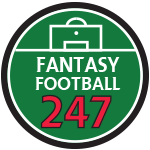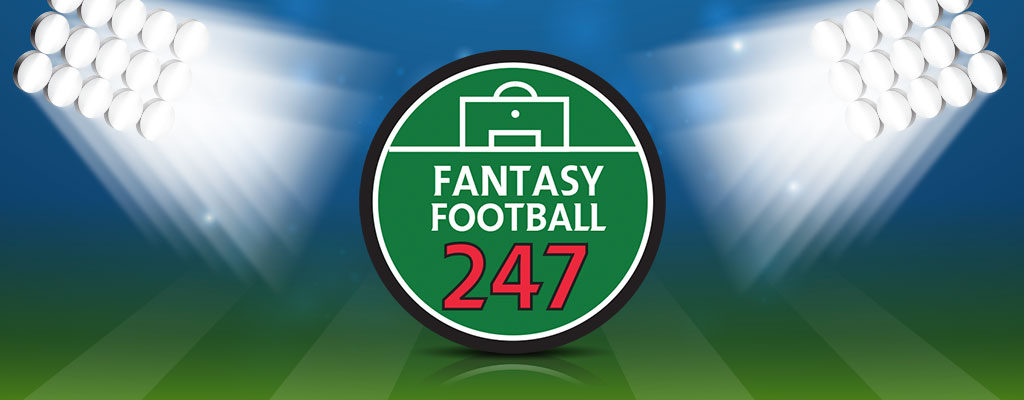Breaking Free: Understanding and Overcoming Gambling Addiction
Gambling addiction, also known as compulsive gambling, is a serious condition characterized by an inability to control impulsive urges to gamble despite the negative consequences it causes. As with other addictions, gambling addiction can destroy relationships, lead to financial ruin, and seriously impact a person’s psychological well-being. The good news is that many resources at Lukki Casino and support exist to help those battling this condition recognize the problem early, overcome triggers and cravings, and regain control of their lives.
Understanding Gambling Addiction
Gambling addiction activates the brain’s reward system much like drugs or alcohol, releasing feel-good chemicals like dopamine and endorphins. This leads to intense cravings to repeat pleasure-seeking behaviors. Even when trying to stop, people struggling with compulsive gambling can experience withdrawal symptoms like anxiety, irritability, and restlessness. Gambling addiction tends to worsen over time without treatment. Recognizing the signs early is key.
Signs and Symptoms
- Preoccupation with gambling – Obsessively thinking about past wins or plotting next bets
- Increasing bets or returning another day to “win back” losses
- Lying to conceal gambling activities from loved ones
- Jeopardizing relationships, jobs, or education due to gambling
- Asking others for money to relieve financial situations caused by gambling
Additionally, people struggling with gambling addiction may display:
- Agitation or irritability when trying to cut back gambling
- Downplaying the amount of time and money spent gambling
- Blaming external factors like bad luck for mounting gambling losses
Risk Factors
Certain factors can increase susceptibility to developing gambling addiction:
- Age – Adolescent males are at greatest risk
- Family history – Having a parent or sibling with gambling addiction increases risk
- Mental health disorders – Issues like depression, anxiety, ADHD or bipolar disorder can contribute
- Substance abuse – Problem gambling often co-occurs with drug or alcohol addiction
Additionally, veterans and active military personnel have elevated rates of compulsive gambling. Easy 24/7 access to online gambling also contributes to risk and cases of problem gambling.
Preventing Gambling Addiction
While no foolproof ways to prevent gambling addiction exist, several strategies can help:
Setting Limits
- Set a money limit in advance of gambling outings
- Take only what you are willing to spend as cash
- Avoid using credit cards or ATMs at gambling venues
Balancing Gambling
- Schedule gambling outings in advance rather than acting impulsively
- Pursue other hobbies and interests unrelated to gambling
- Keep gambling restricted to certain social situations
Seeking Support
- Enlist someone to hold you accountable about gambling behaviors
- Consider counseling to address underlying issues or triggers
- Call a gambling helpline if urges feel uncontrollable
Getting Help
Overcoming gambling addiction is challenging, but possible through professional treatment and community support groups. Often a combination of counseling, medication, lifestyle changes, and support group attendance brings the best results.
Table 1: Gambling Addiction Treatment Options
| Treatment Type | Description | Consider If… |
| Self-Help | Workbooks, journaling, apps, peer support groups | Mild or early-stage addiction |
| Outpatient Counseling | Individual or group talk therapy 1-2 times a week | Moderate addiction without major lifestyle disruption |
| Intensive Outpatient | 3-5 days a week multi-hour counseling programs | Severe addiction but still able to maintain work/family obligations |
| Inpatient Treatment | 24/7 comprehensive treatment in a residential facility | Dangerously addicted and needing round-the-clock care to recover |
Counseling
Counseling helps individuals better understand their gambling addiction, identify triggers, develop coping strategies for cravings, and make lifestyle changes to deter relapse. Both individual and group counseling models are effective.
Medications
Doctors may prescribe anti-craving medications or antidepressants to help curb compulsive urges and stabilize moods. Medication combined with counseling tends to improve outcomes.
Support Groups
Peer support groups like Gamblers Anonymous use 12-step principles and social connections to promote recovery. Having an understanding, judge-free support network is invaluable.
Treatment Centers
For those needing intensive support, inpatient or residential treatment centers provide comprehensive gambling addiction treatment. Centers offer medical supervision for withdrawals, intensive therapy, coping skill development, and aftercare planning.
Overcoming gambling addiction requires commitment, courage, and consistent effort, but countless people have broken free of this destructive pattern to live fuller, freer lives. With the right help and support system, you can too. The first step is recognizing the problem and reaching out for the resources readily available.

